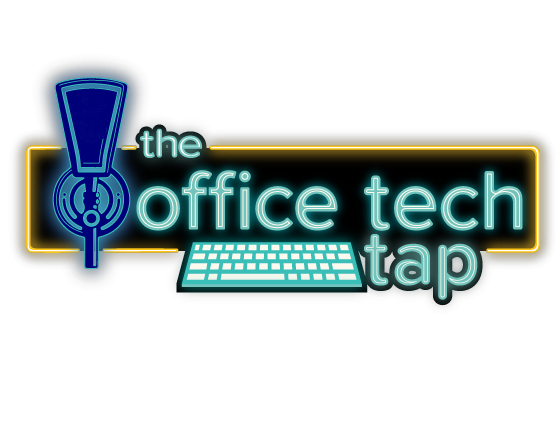The Dawn of Time Curation: How Generative AI is Rewriting the Rules of Productivity at the BTA

When Time is Money, AI Becomes the New Banker
Executive Summary:
The traditional focus on selling products like toner and paper has lessened as businesses move towards a paperless, AI-based environment.
- Generative AI is revolutionizing the way we think about time management, shifting the focus from mere task completion to “time curation.”
- From automating document workflows to aiding in software development, generative AI is accelerating automation by over a decade, according to a McKinsey study.
- The democratization of AI technology means that its benefits are not just for the elite but accessible to the 5.4 billion people connected to the internet.
In an era when “doing more with less” has become the corporate mantra, the concept of time curation is emerging as a game-changing paradigm. Leaders are no longer just bosses; they are becoming curators of time, unlocking human potential by removing time as the bottleneck to innovation. Generative AI is at the forefront of this revolution, offering a toolkit for amplifying human capabilities.
“So maybe shift our thinking from being bosses to sales reps to being curators of time. How can we be curators of time to help unlock human potential and move time from being our bottleneck to only our imagination being our bottleneck? So this is where I really think that generative AI is going to help us amplify this,” says Tami Beach of HP, emphasizing the transformative power of this technology.
“…generative AI has accelerated automation by more than a decade... we have leapfrogged, we have advanced automation by 10 years…”
– Tami Beach, HP
A McKinsey study reveals that generative AI has accelerated automation by more than a decade. This isn’t just about automating mundane tasks; it’s about giving time back to employees and customers. For instance, document workflow solutions that once required hours of manual labor can now be automated, freeing up valuable time for more creative and strategic endeavors.
Companies like Otter AI are pushing the envelope further. Their meeting assistant technology can join meetings, take notes, and even answer questions based on prior conversations. This isn’t just a time saver; it’s a cognitive load offloader, allowing humans to focus on what truly matters. Similarly, AI coding assistants like Codex are making software developers more productive by automating repetitive tasks and even generating code based on simple prompts.
But the real kicker is the democratization of this technology. Generative AI is not a luxury reserved for Silicon Valley giants; it’s becoming increasingly accessible. With 5.4 billion people connected to the internet, the potential for disruptive innovation is massive. Companies like Adept AI, which recently raised $350 million in Series B funding, are working on technologies that allow you to control your devices and software with simple text commands. Imagine telling your computer to book your travel or asking your office printer to print a family photograph; the possibilities are endless.
“How can we be curators of time to help unlock human potential, and move time as being our bottleneck to only imagination as our bottleneck.”
– Tami Beach, HP
Second, a service-oriented model encourages sustainability. When your revenue is tied to usage, you can’t afford any downtime, making your company more efficient. Lastly, this shift allows you to build a more customer-centric approach, focusing on solving real problems rather than pushing products.
We’re at an inflection point. Generative AI is different from its predecessors in three key ways: it can create content, it speaks our language, and most importantly, it’s available for free to the masses. This is not just a technological shift; it’s a cultural one.
As we move from being taskmasters to time curators, generative AI is not just a tool but a partner in redefining what productivity means in the 21st century.
Sources:
- HP’s Tami Beach on AI Alleviating Human Capacity at BTA Conference
- Industry Analysts, Inc., Andy Slawsky
– Greg Walters, Head Writer



